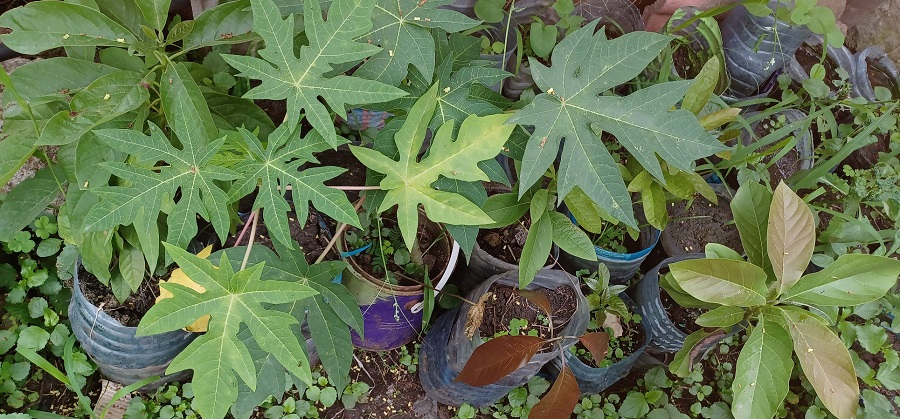

Thinking; the process of sitting with one’s thoughts must be by far one of the most difficult things to do. Try sitting still with your thoughts and see how long it will take before you reach out for your phone, or simply get up to get a drink or something to eat.
Yet hard as it is, that is a process each one of us must cultivate, because when we internalize our thoughts, especially in thinking about our problems, because in thinking we are able to find solutions. A few years ago, I worked with rural youth, in helping them identify potential career choices as well as business opportunities. One of the biggest challenges they had was an exercise of sitting in a lonely place all by themselves to think about what they wanted in a career choice or business. I quickly realized that many had no idea what they wanted and most important of all they were extremely uncomfortable sitting with their thoughts.
In today’s era of social media, the process of thinking has become even more difficult, especially since the innovators of social media tools applied psychological engineering, in ensuring that we addicted to constantly scrolling on our social media pages, not to mention the emotional highs and lows that come with the likes or non-of. I hear that withdrawal symptom from social media addiction, can be likened with those of heroin or cocaine addiction.
Clearly our minds are the target for marketers. If social media marketers can capture our minds, then they can sell us whatever they want. They can determine and control what we eat, buy, and consume. Especially what we work for. No wonder more and more people feel depressed after spending time on social media. We have bought other people’s marketing agenda, and when we compare it to ours that huge discrepancy causes us to feel like we will never attain, which increases stress and frustration. What if for a change if we decided to really set up our own agenda. If we decided to spend more and more time thinking about what we want, the Africa We Want. If we spend more time analyzing Africa’s problems then individually coming up with our own authentic solutions and begin to implement them one by one.
My Kitchen Water Recycling project has seen me harvest more tomatoes than I ever expected. I never planted any tomatoes seeds. They sprouted from my kitchen wastewater. My tomatoes, passion, onions, beans, mangoes, and avocadoes is what I have continued to water, nurture, and tend to. Gardening or should I say farming is therapy for me. It is during those moments I get to think about Africa’s problems, as well as ask God some very difficult questions. Recently I got a revelation that what I tend to grows. My mind is like my kitchen garden. What I focus and nurture in my mind is what grows.
Africa’s agricultural experts and community has focused on the narrative of Africa being food insecure. Africa despite experiencing poor harvest due to unpredictable rainfall, has largely refused to think differently and continues to farm and grown the same it has for decades. Why? We have refused to think differently.
Having run out of space, I recently decided to expand my Kitchen Water Recycling project to my rural village. It has been an interesting experience. The biggest resistance was the old church rule “We have always done it this way”. It is unheard of to plant during the dry season, especially using dirty soapy water from the kitchen. I planted mangoes, pawpaws, avocadoes, pineapples, and passion fruits in the dry season. I used plastic bottles to irrigate the wastewater, and the results have been very interesting. Passion fruits have survived. Villagers interestingly decided to pull out some of the water bottles, because it was shear non-sense to them, some pawpaws died, so did some avocadoes but funny enough a pineapple survived. On the other hand, ants and termites decided they needed the water more than the plants. Nevertheless, that trial had valuable lessons.
As I look forward to the rainy season, my focus this time will be rainfall harvesting. I am excited that several villagers have adopted the zai pits technology for growing bananas. My next experiment will be to harvest as much water as I can on the land, especially as I increase the number of fruit seedlings. As a man, in this case woman, thinketh so she is. I am happy to report as I think more about kitchen water waste as a solution to Africa’s poor harvest due to unpredictable rainfall. The more I realize recycled kitchen water waste is the solution to Africa’s food security, especially now that I am no longer buying tomatoes, mangoes, and pawpaws. I am excited at the prospect of doing commercial farming from Kitchen waterwaste and that is The Africa I Want.